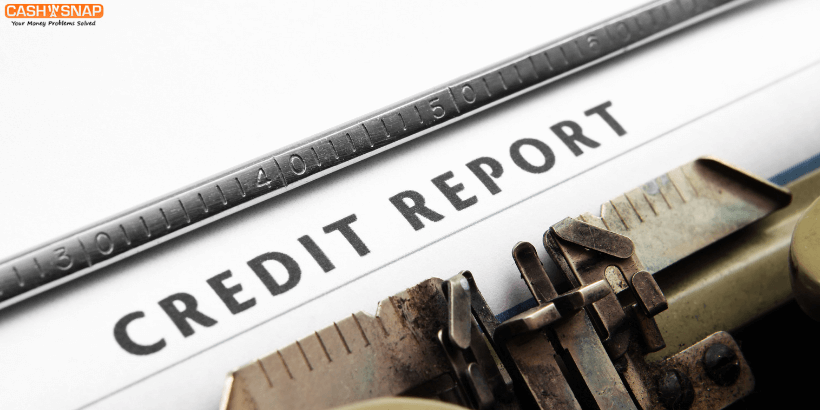A creditor may list your account as a “charge-off” after you have missed payments for several months. A charge-off generally means the creditor has lost hope that you will pay back the amount you owed and document this loss as bad debt. Also, they will close your account and transfer it to a debt buyer or collection agency. You are still responsible for paying back the outstanding debts even though your account is charged-off and your creditor reports it as a loss.

How Much Does a Charge-Off Affect Your Credit Score?
A charge-off can significantly damage your credit score. However, the percentage of damage is unpredictable, as it may vary depending on the credit reporting agencies. Generally, a single charge-off can drop 100 points from your credit score and can take 3 years or longer to recover from the damage.
How Long Does a Charge-Off Stay on Your Credit Report?
A charge-off will stay on your credit report for up to seven years from the date of the last payment you missed. The seven-year period does not restart if the debt is sold to a debt buyer or collection agency. Settling the charged-off amount won’t remove the charge-off from your credit report. Instead, the status is changed from “charge-off” to “charge-off paid” and will remain on your report for seven years.
How Do You Remove a Charge-Off from Your Credit Report?
The effective way to remove a charge-off from your credit report is to contact your creditor and request them to remove it after you pay off the debts. Before you contact the creditor, determine the amount you can pay as soon as possible. There will be no problems if you can pay the full amount. Otherwise, you should ask if they are willing to arrange for payments.
Remember that third-party collection agencies cannot remove charge-offs from your report. You must speak to the original creditor about removal. Get the agreement in writing if they agree to remove it from your report.
How Do You Avoid Charge-Offs?
Consider these to avoid charge-offs:
- Avoid falling behind on payments.
- Automate your finances or checking account to ensure you do not miss any payments.
- Enter a hardship payment plan, which lets you make reduced monthly payments during financial trouble.
Contact your creditor immediately if you have any problems in paying your debts. They make payment arrangements to help you avoid a charge-off, especially if they believe that you won’t pay the debts otherwise.
Also Read: What Bills to Pay First: The Ideal Priority List
Source
No comments:
Post a Comment